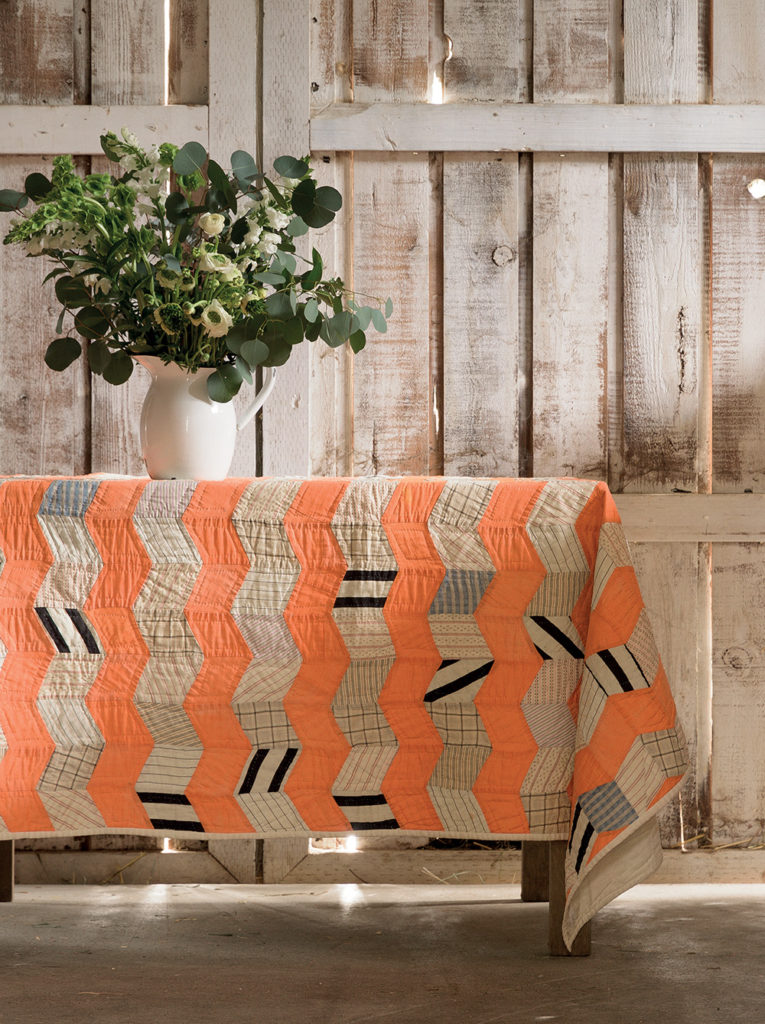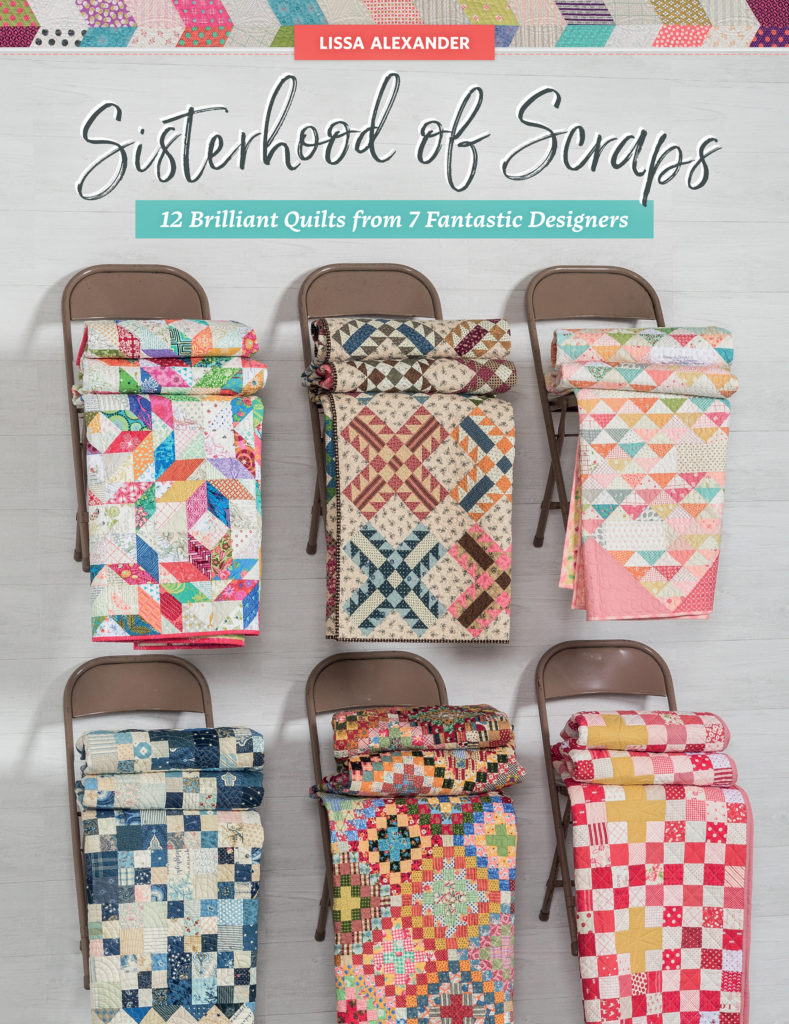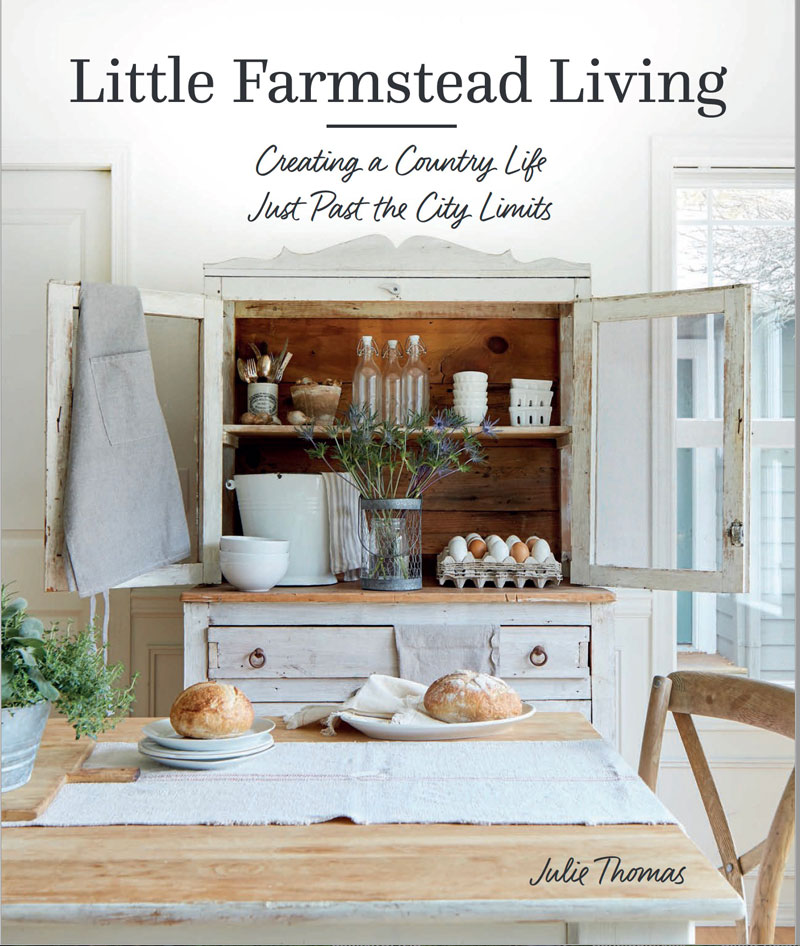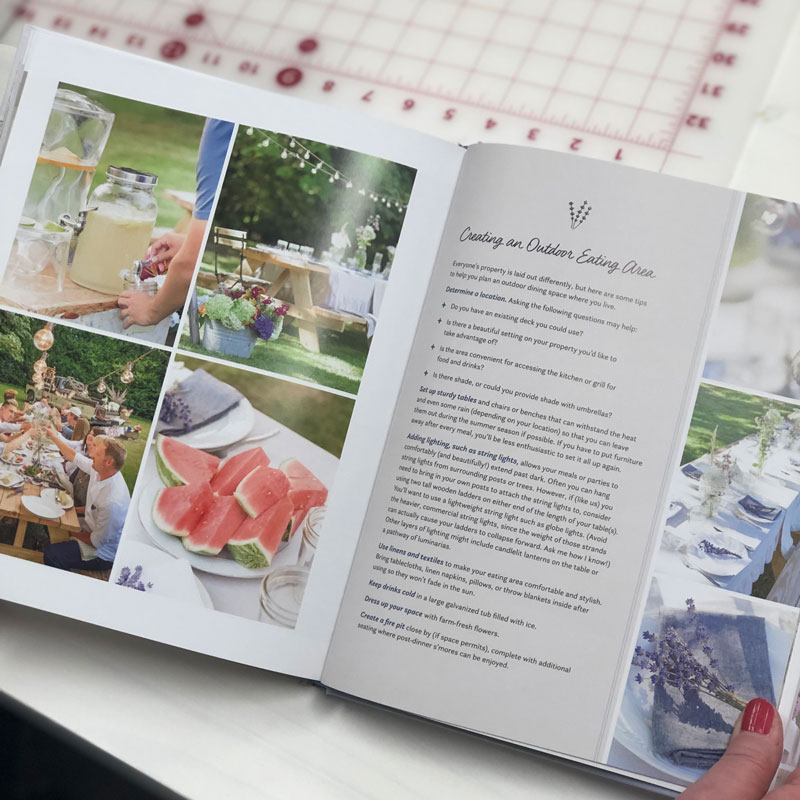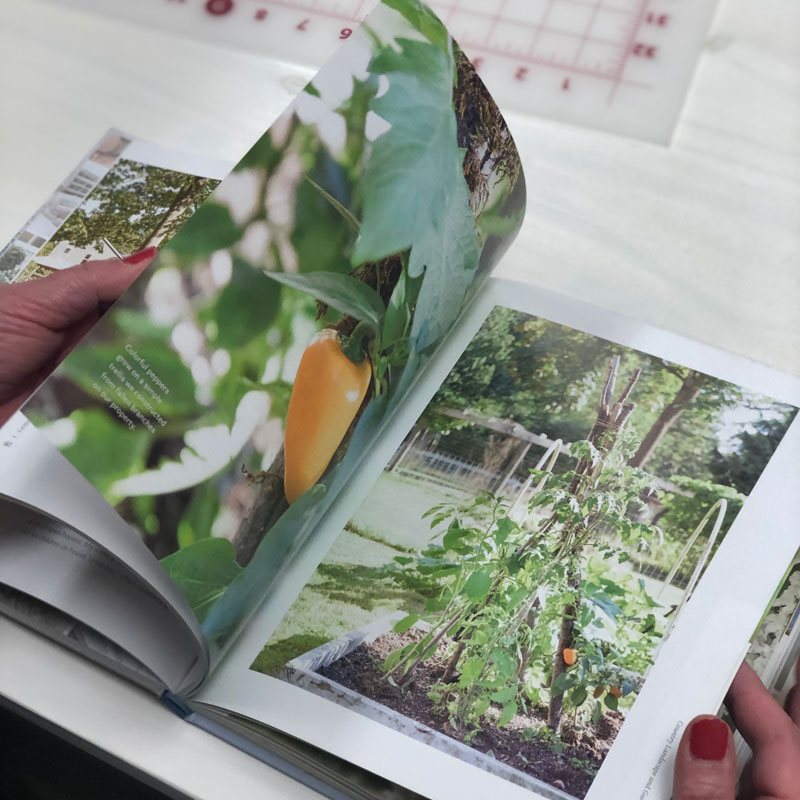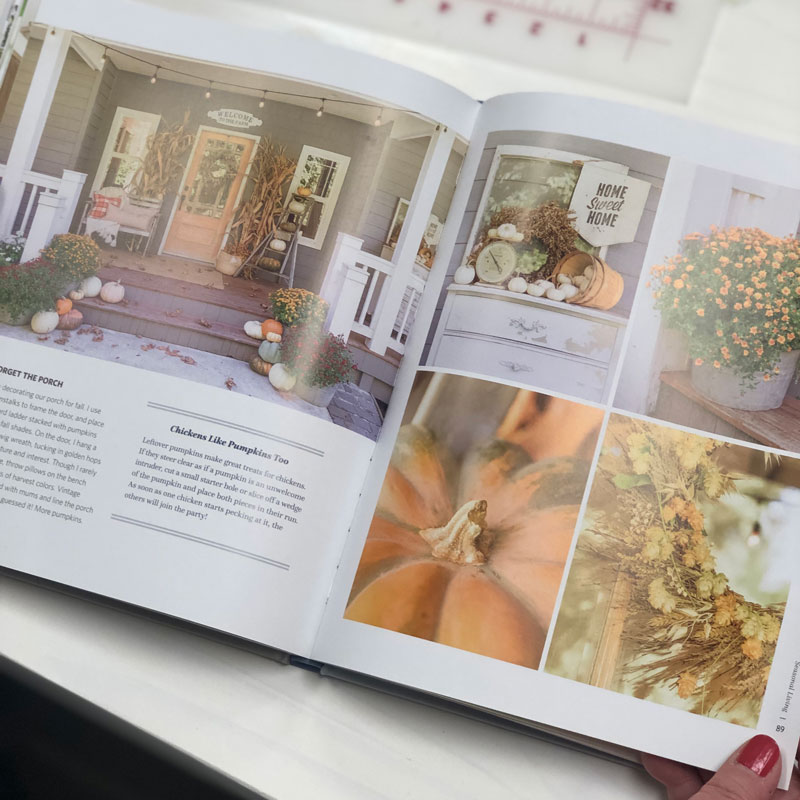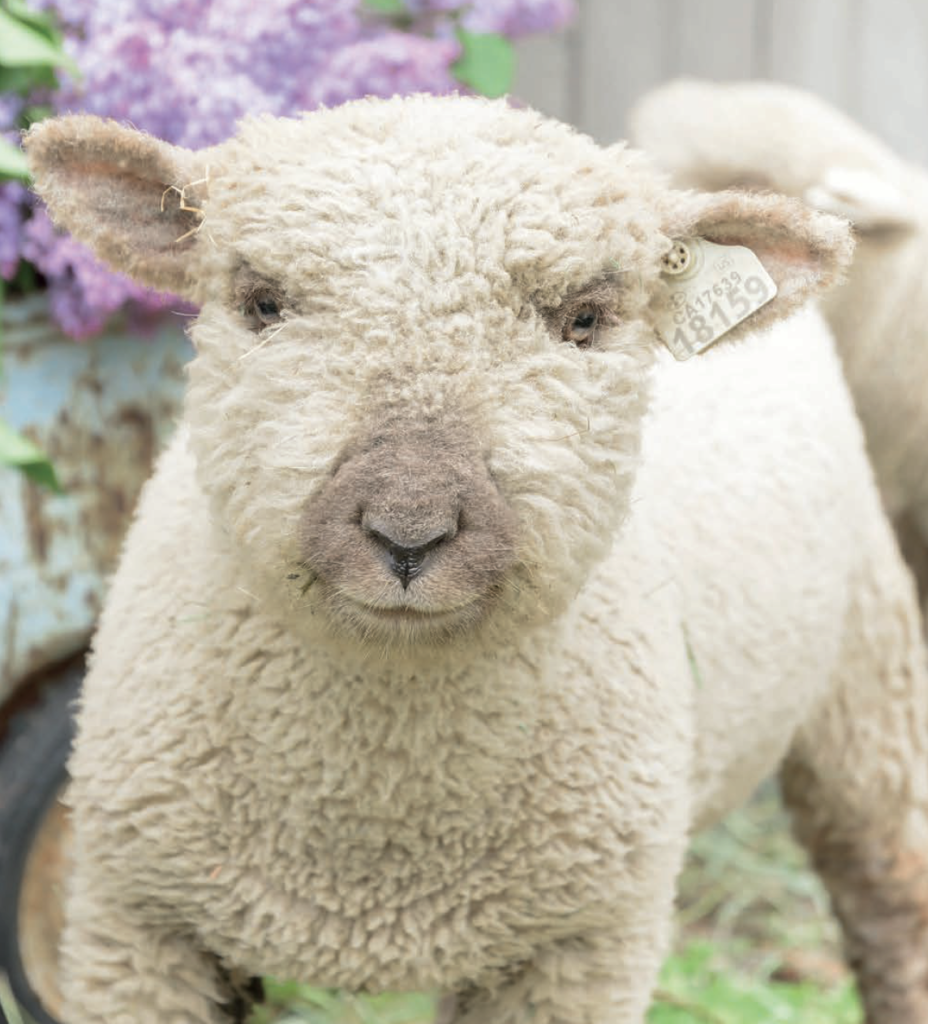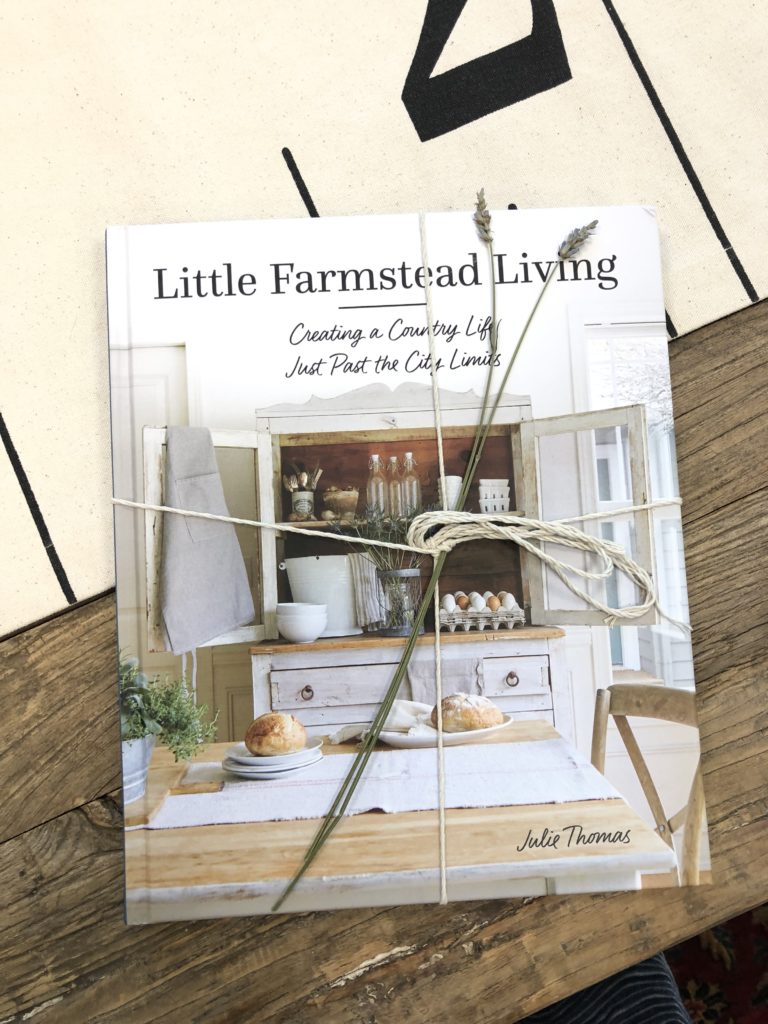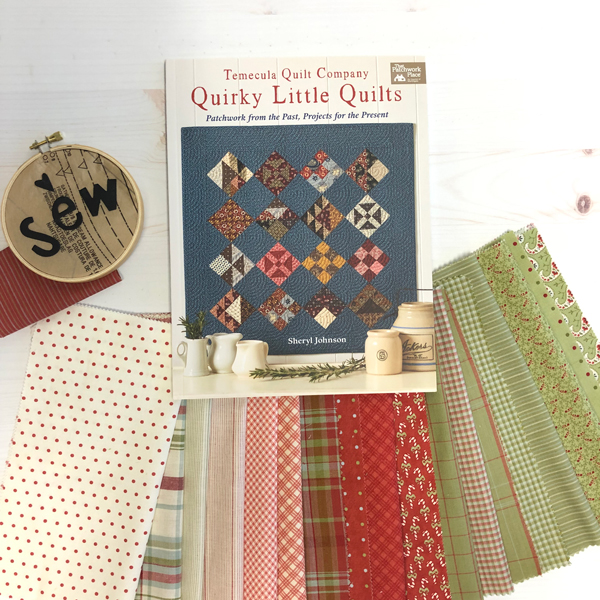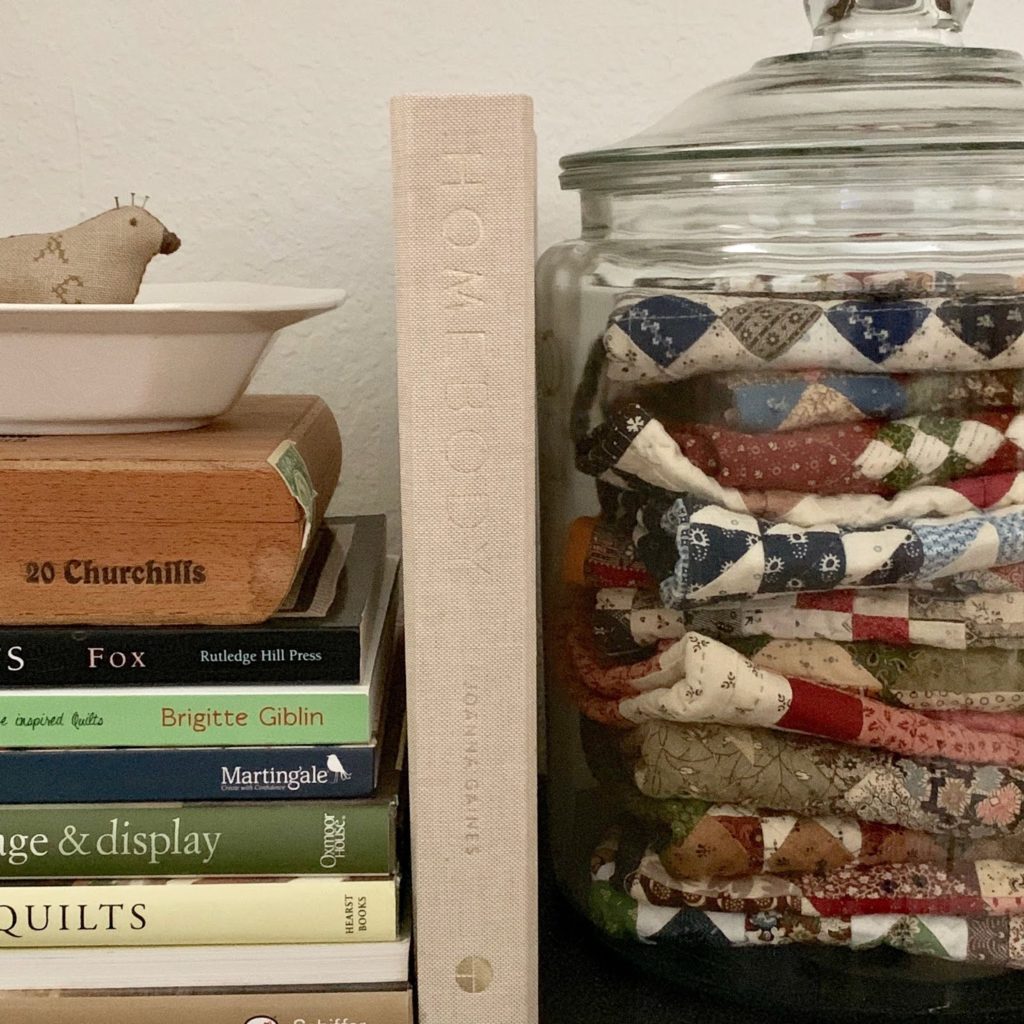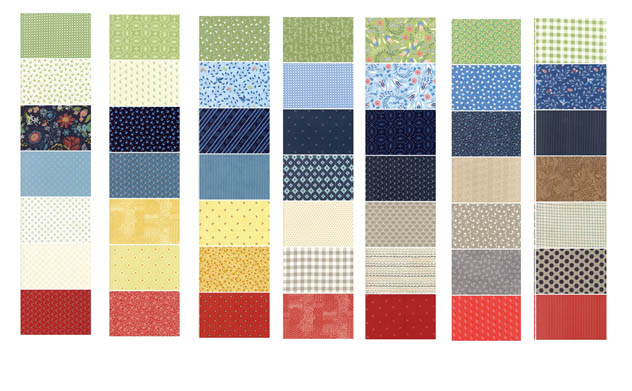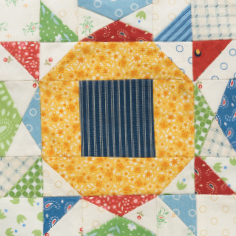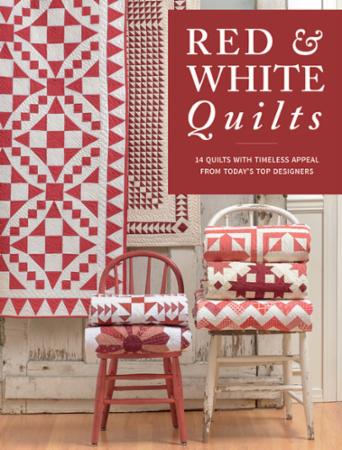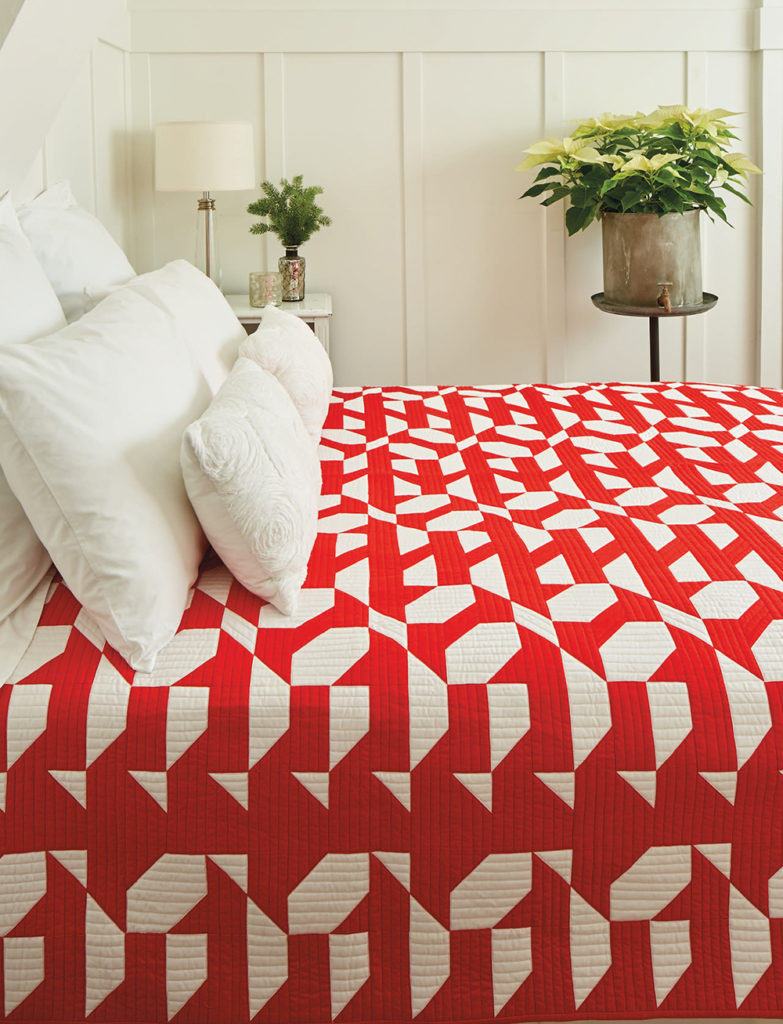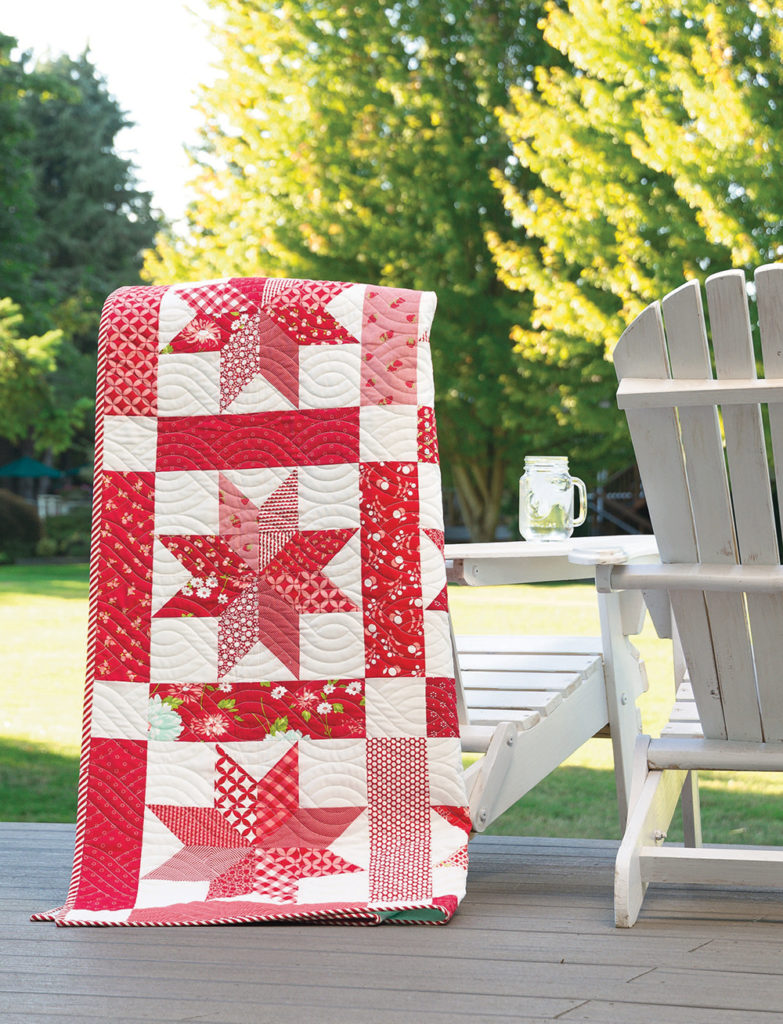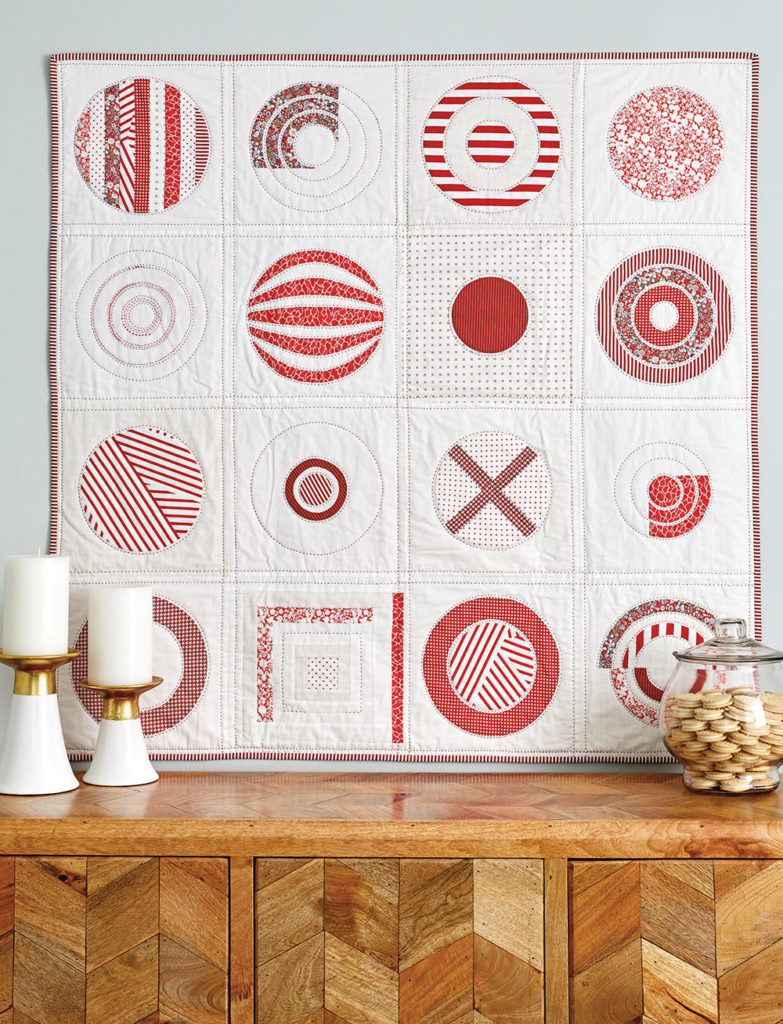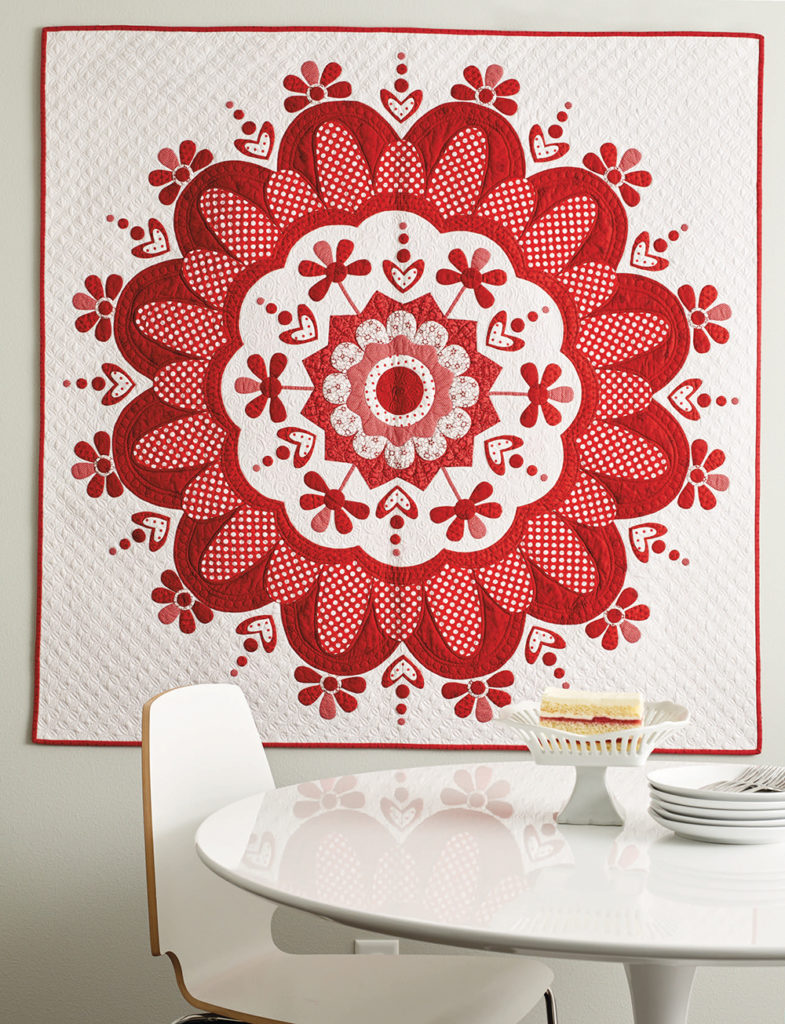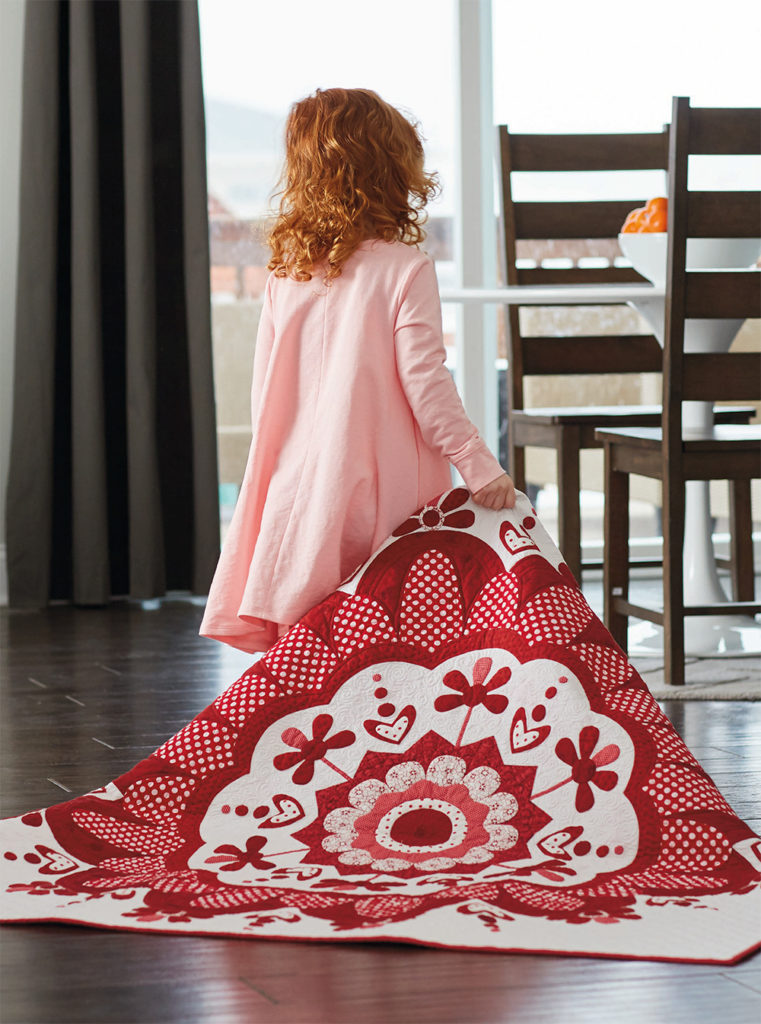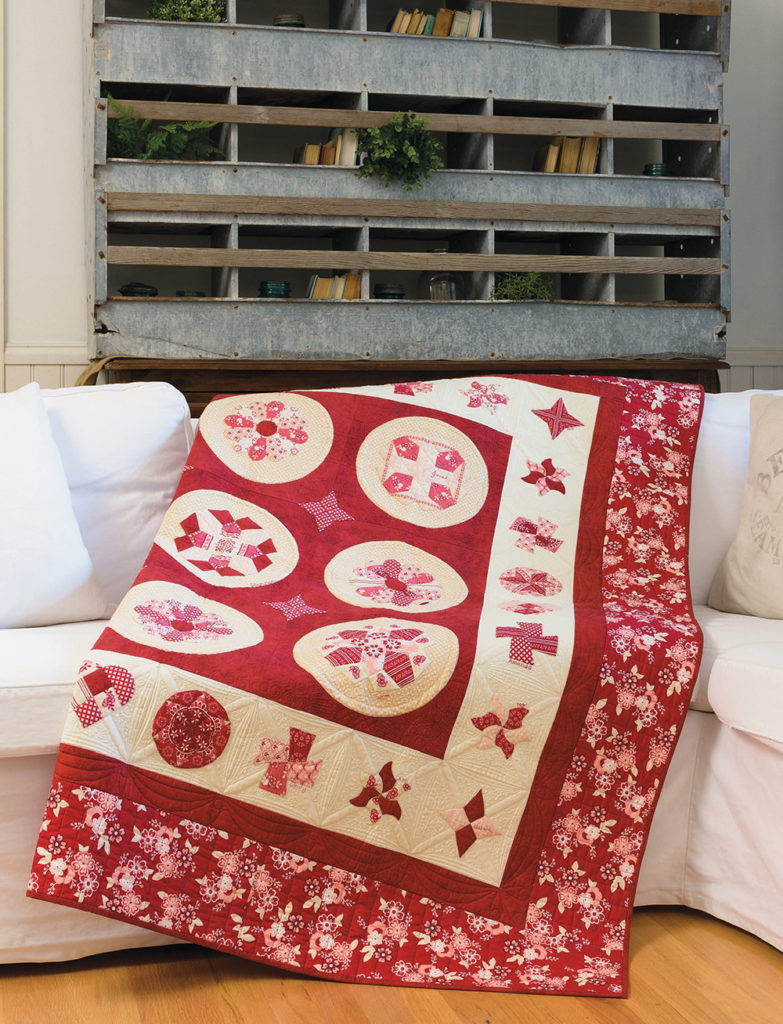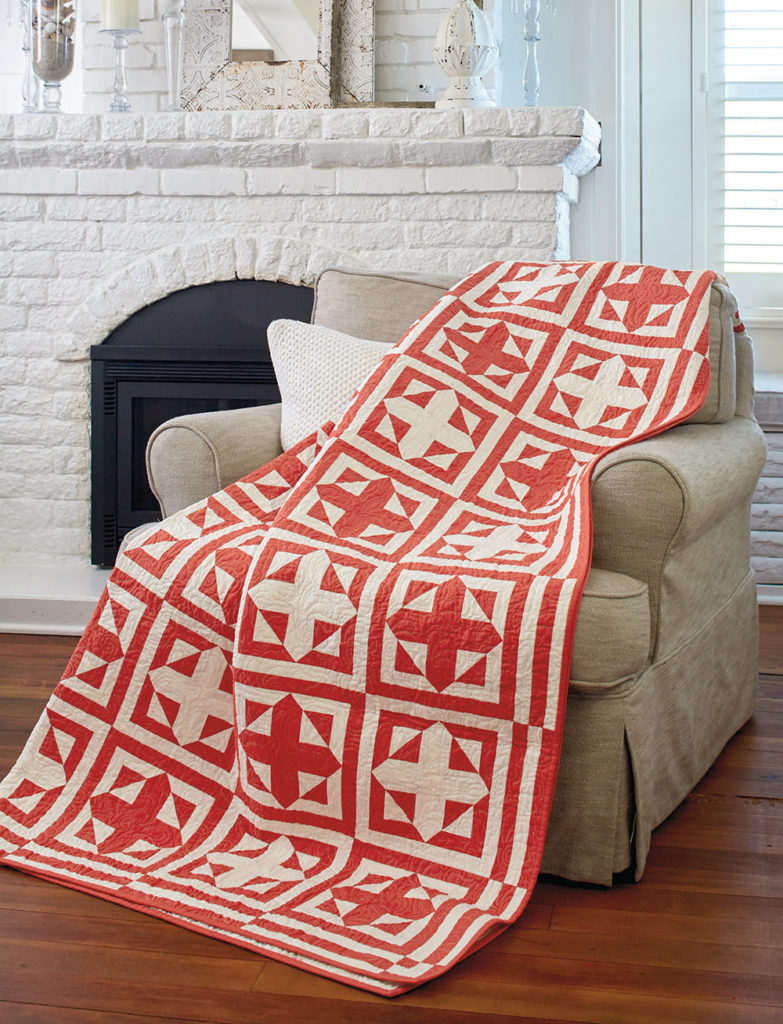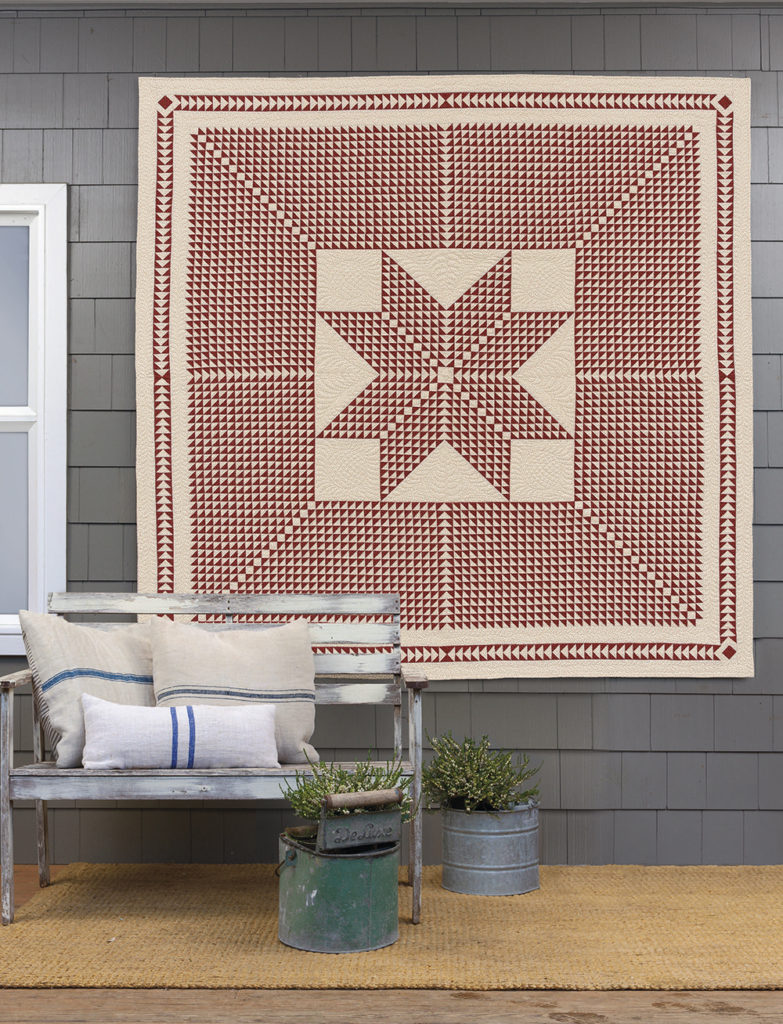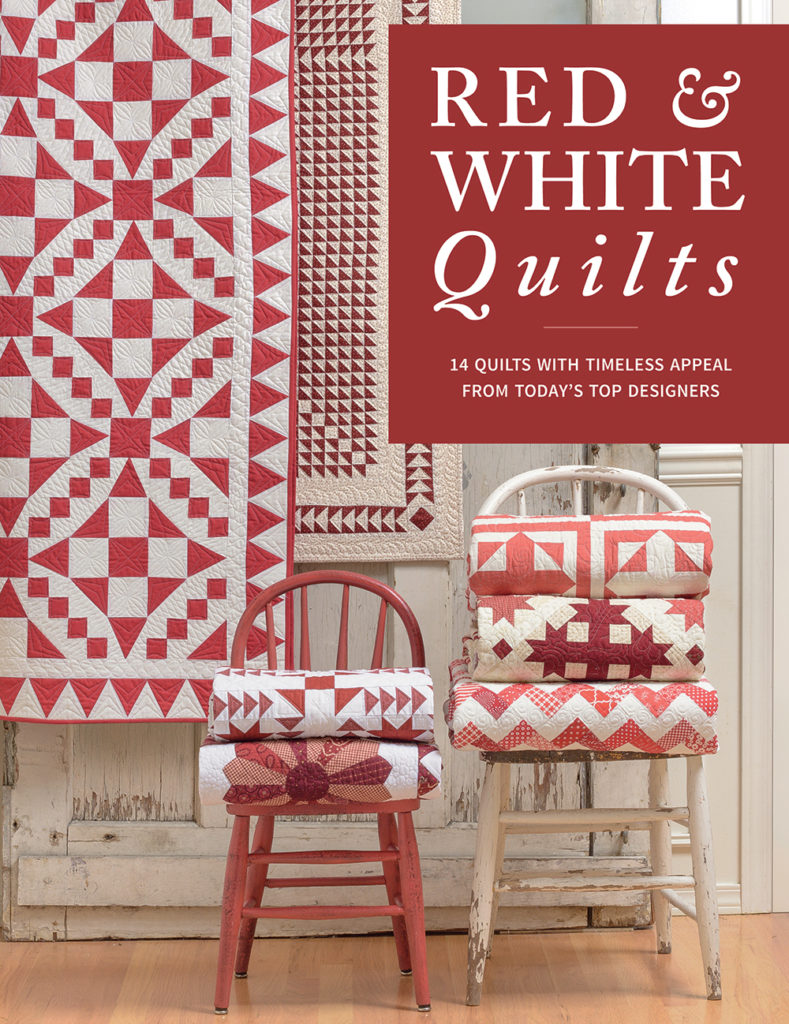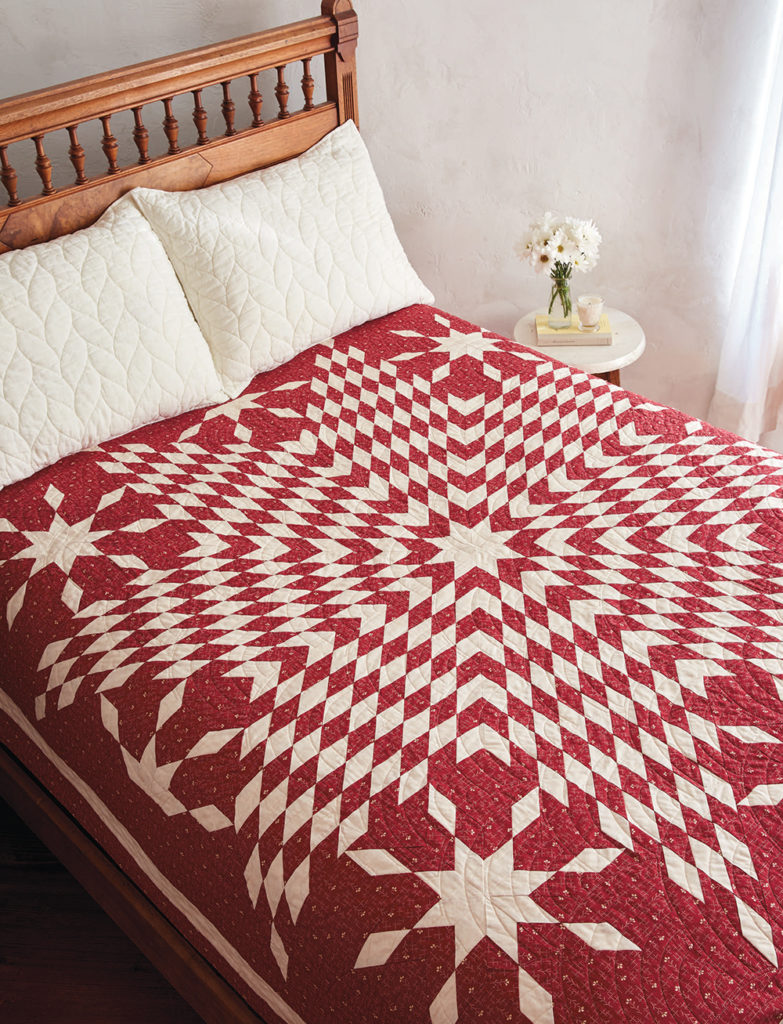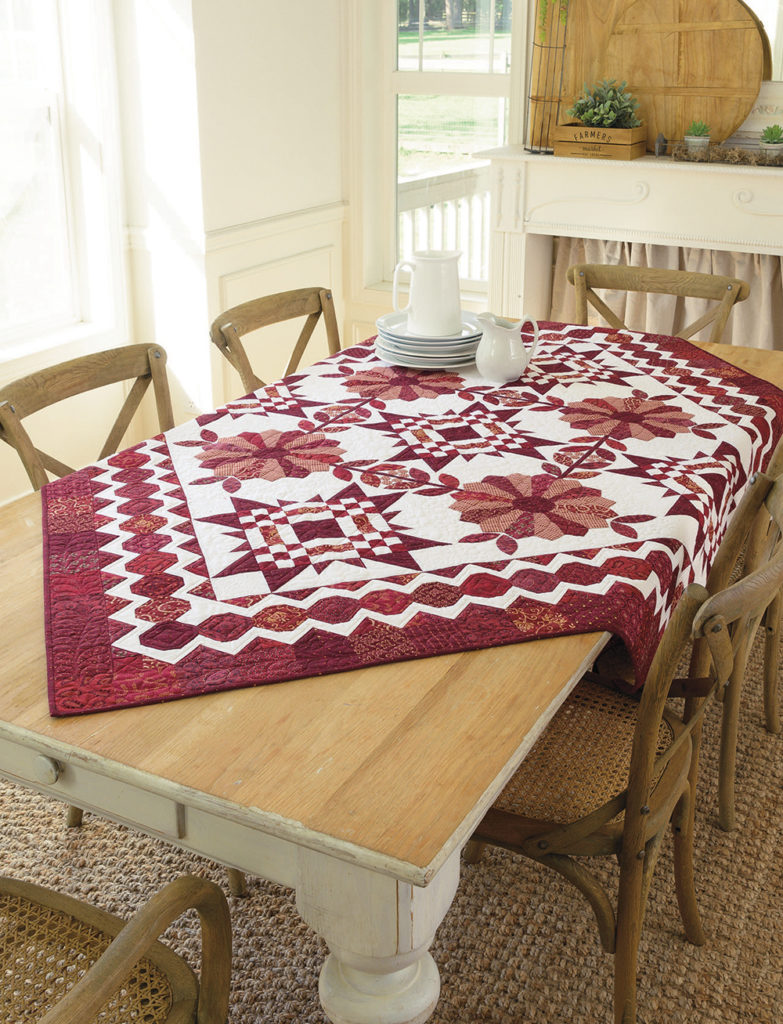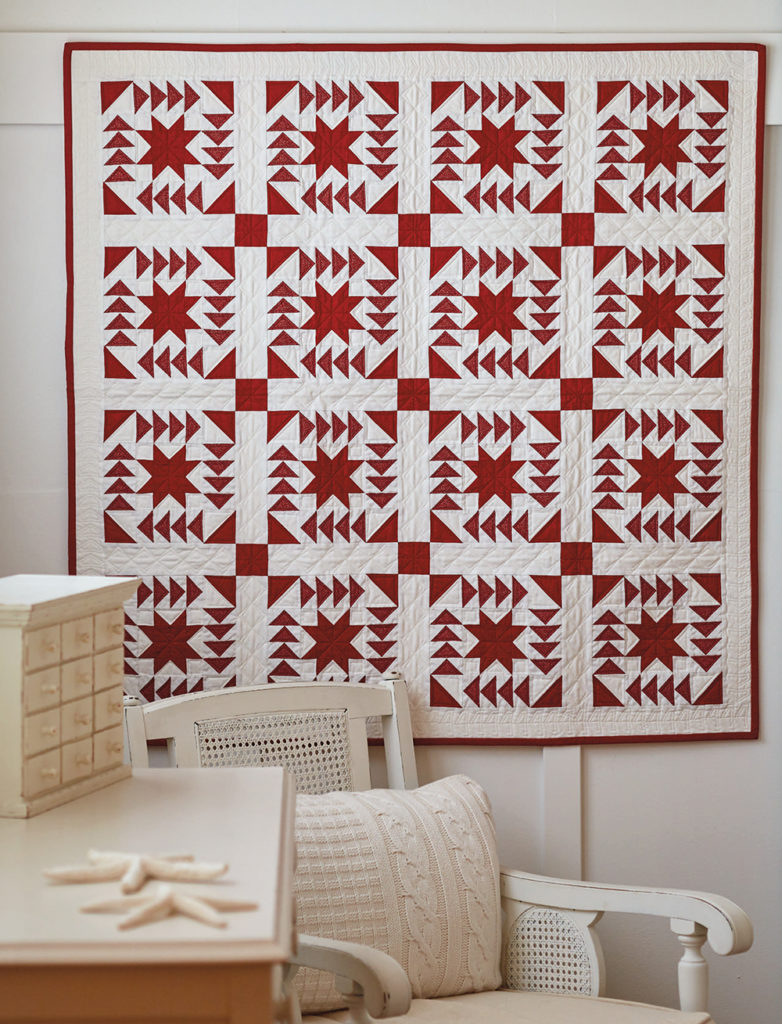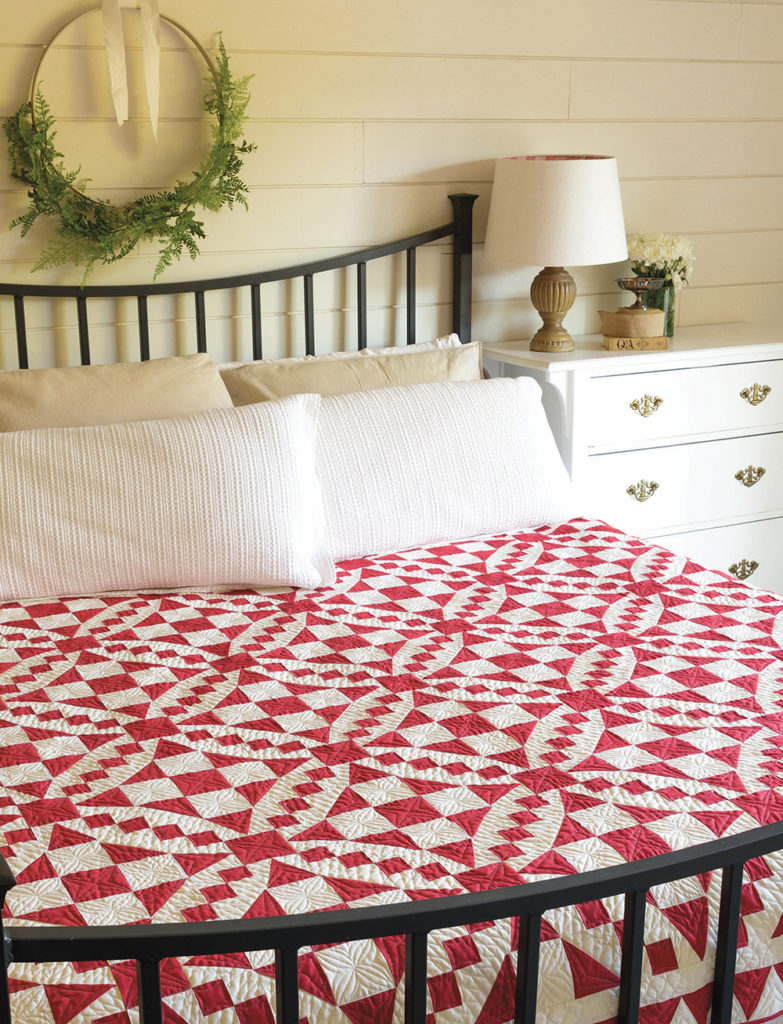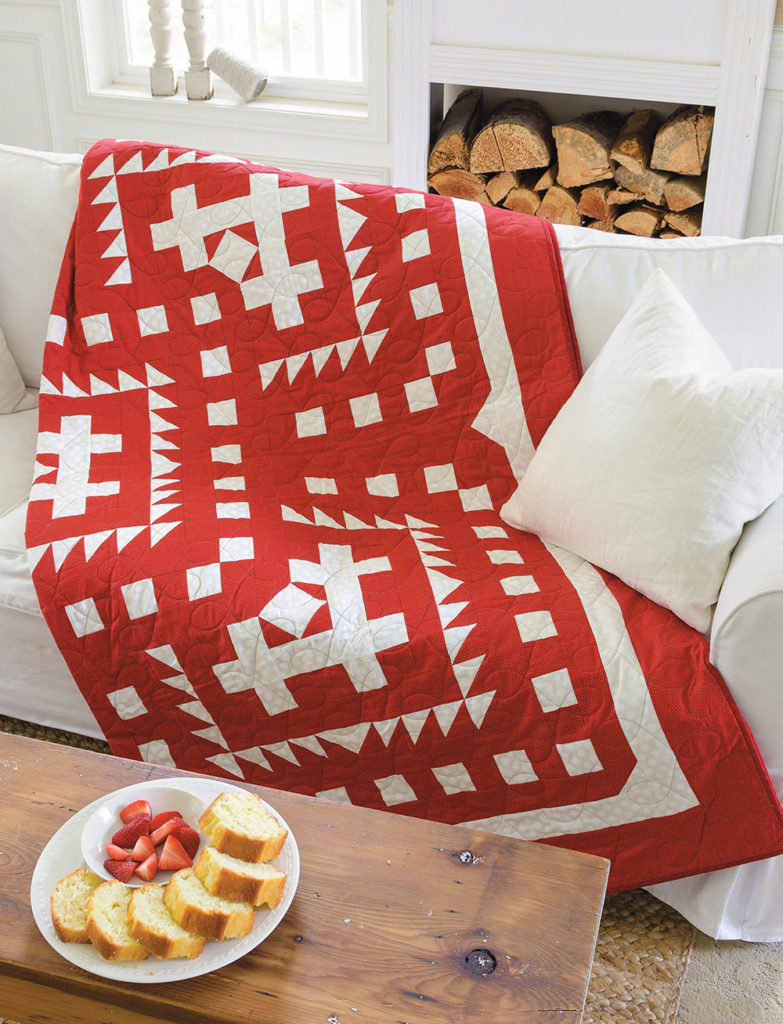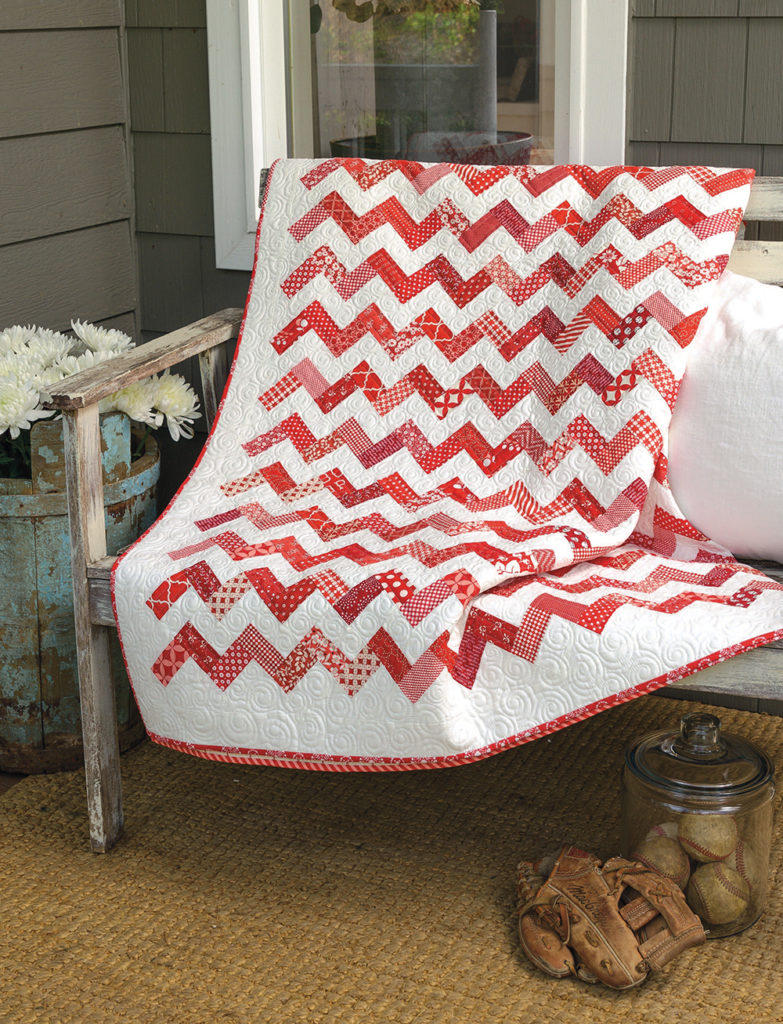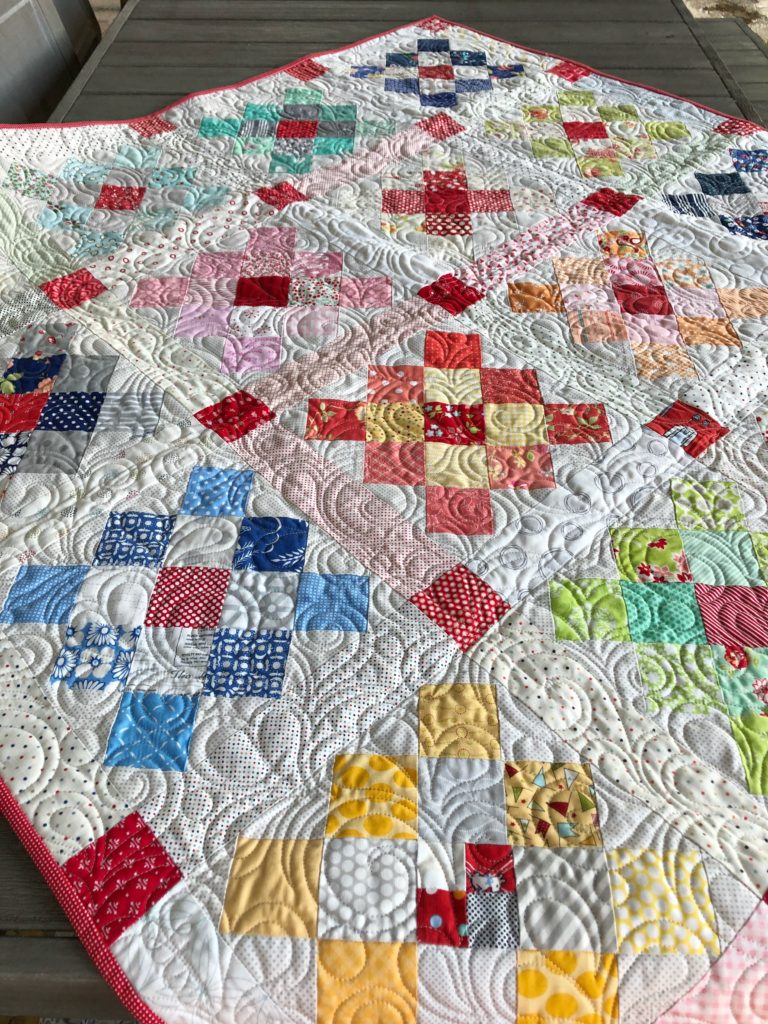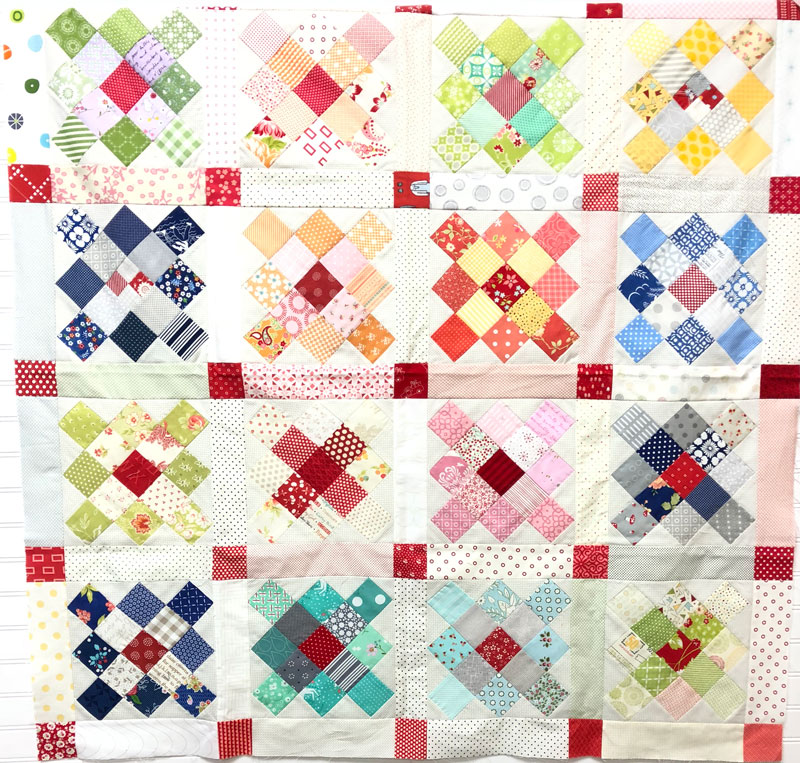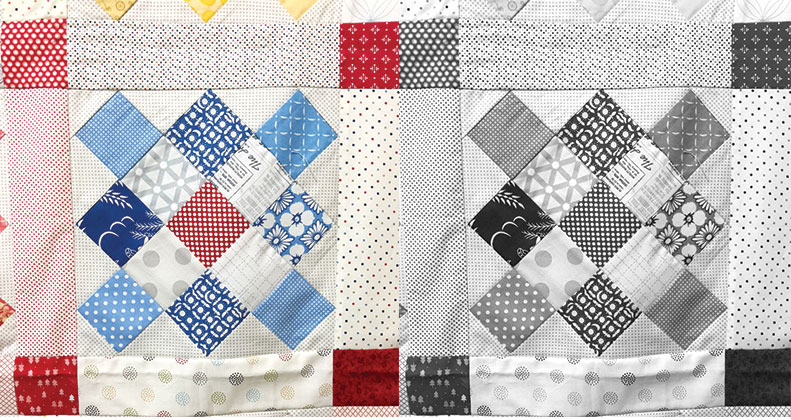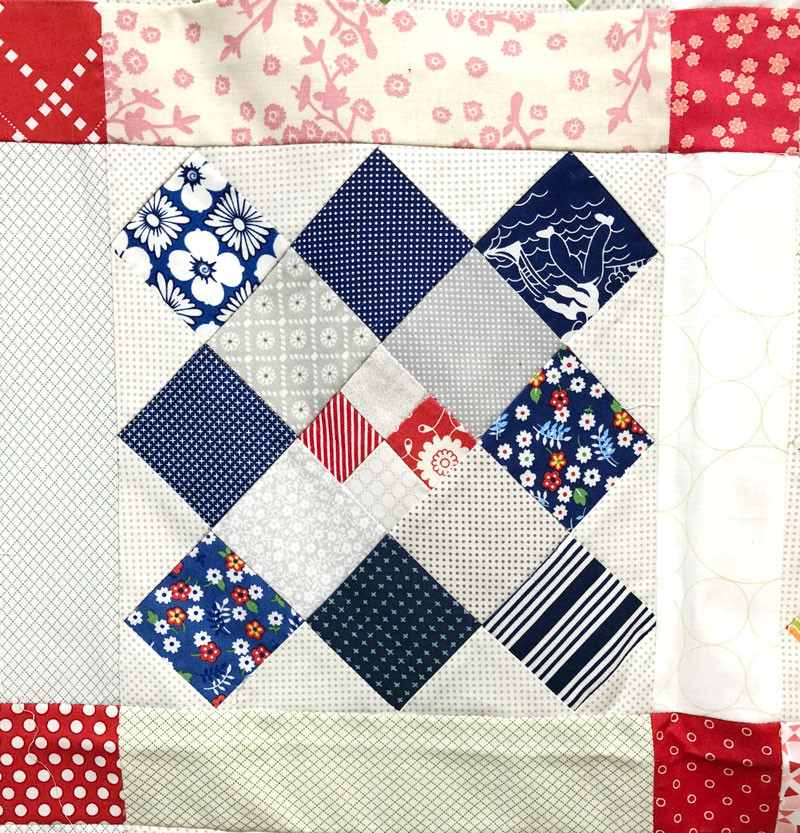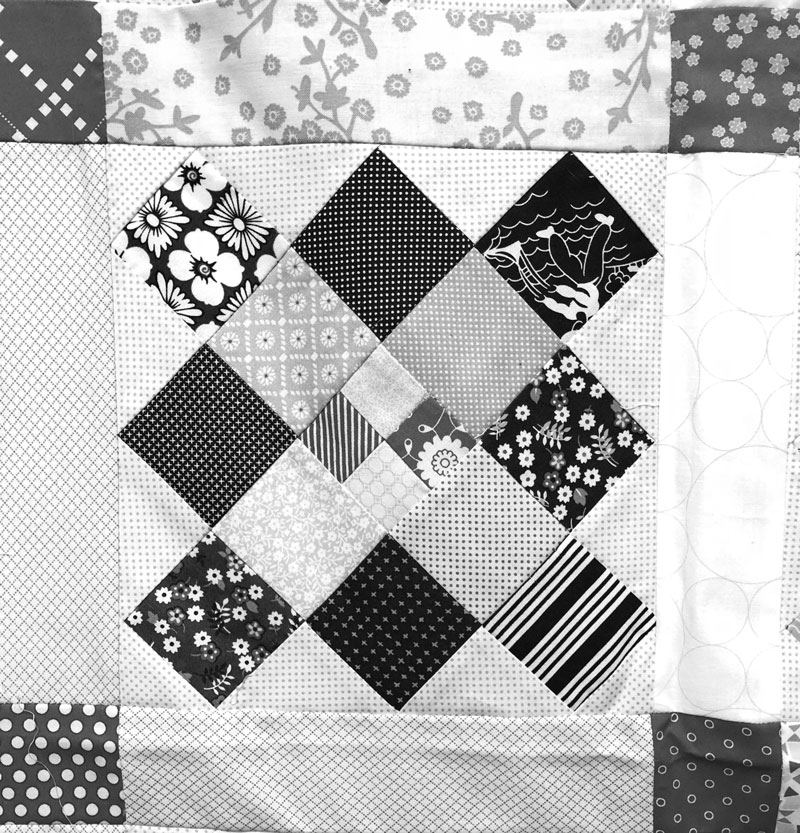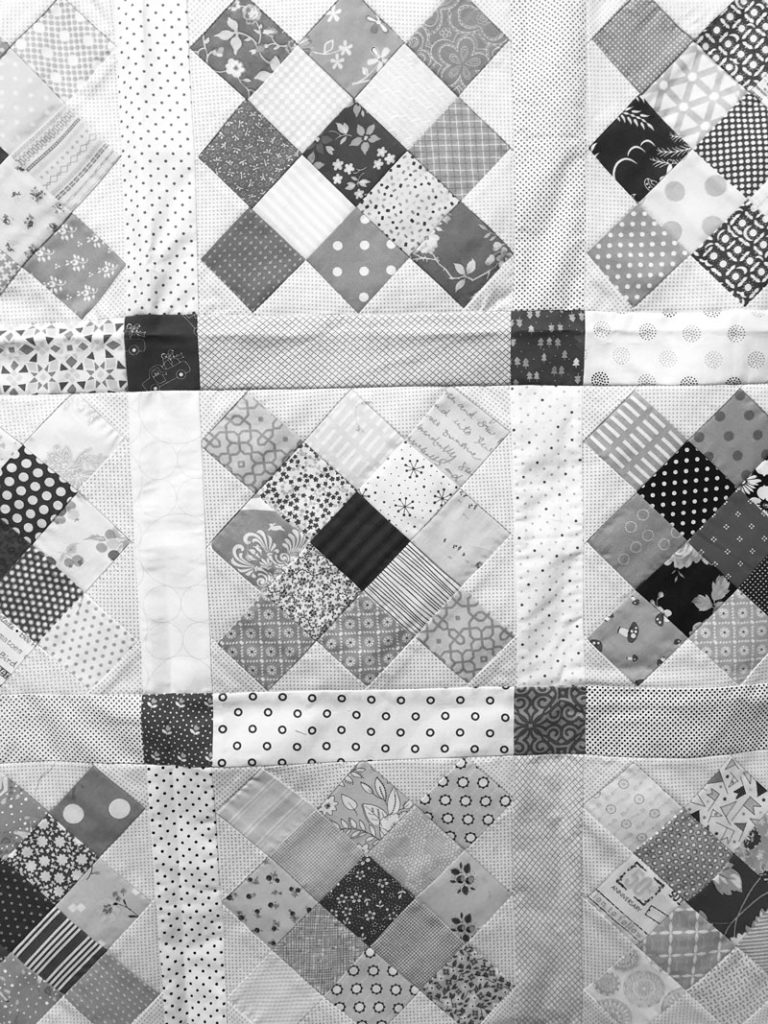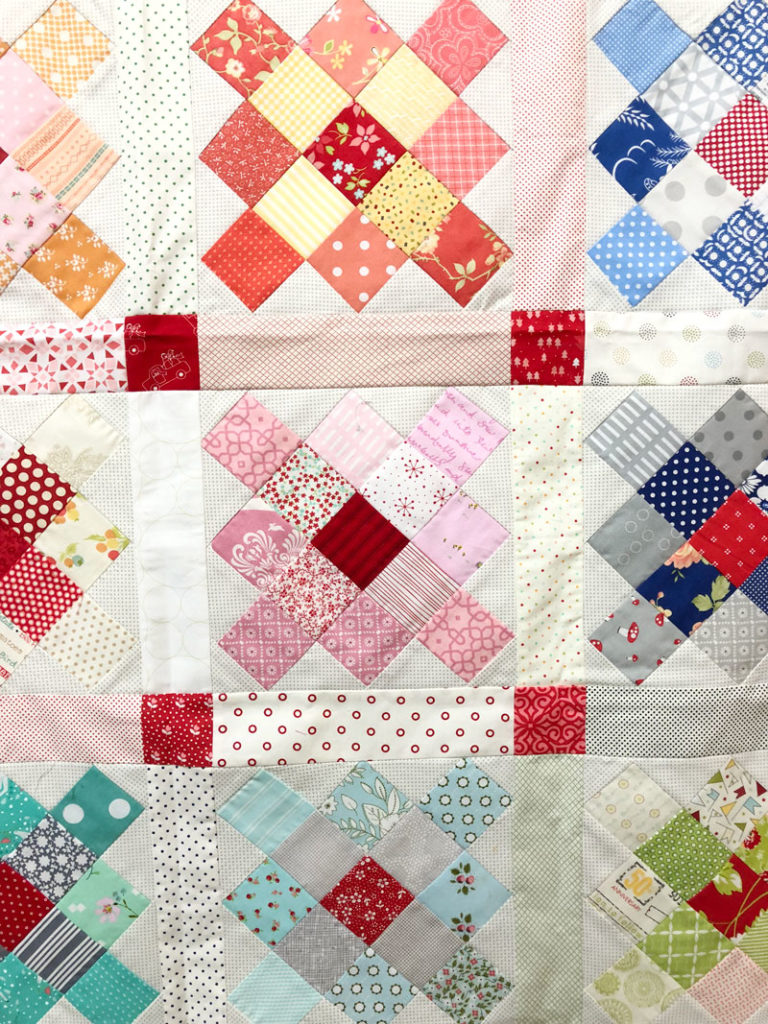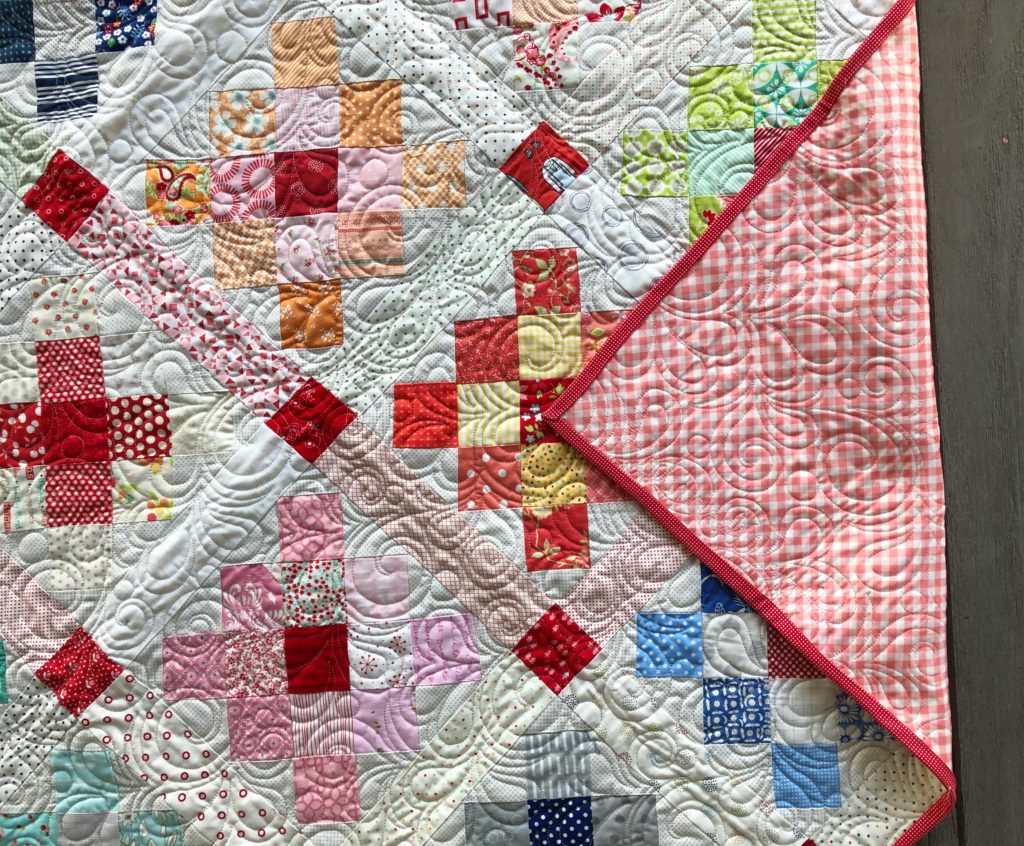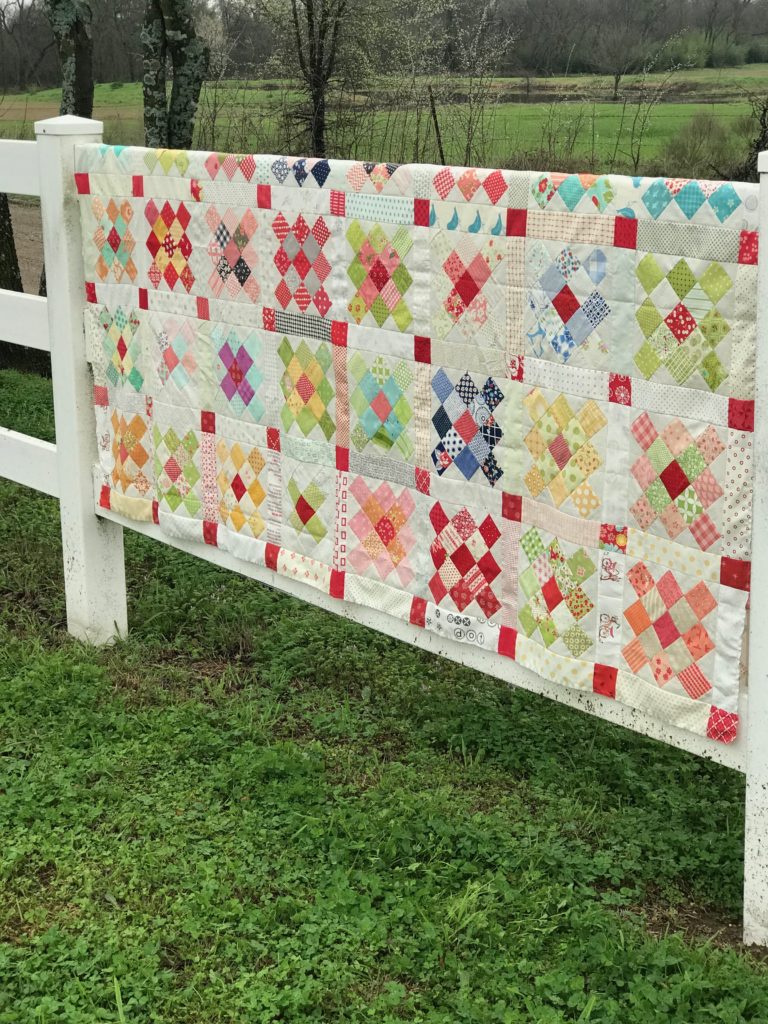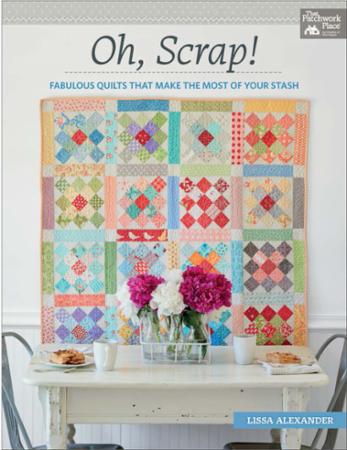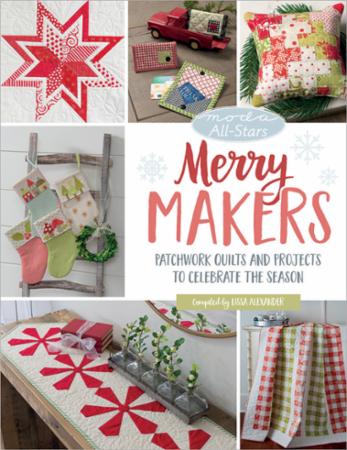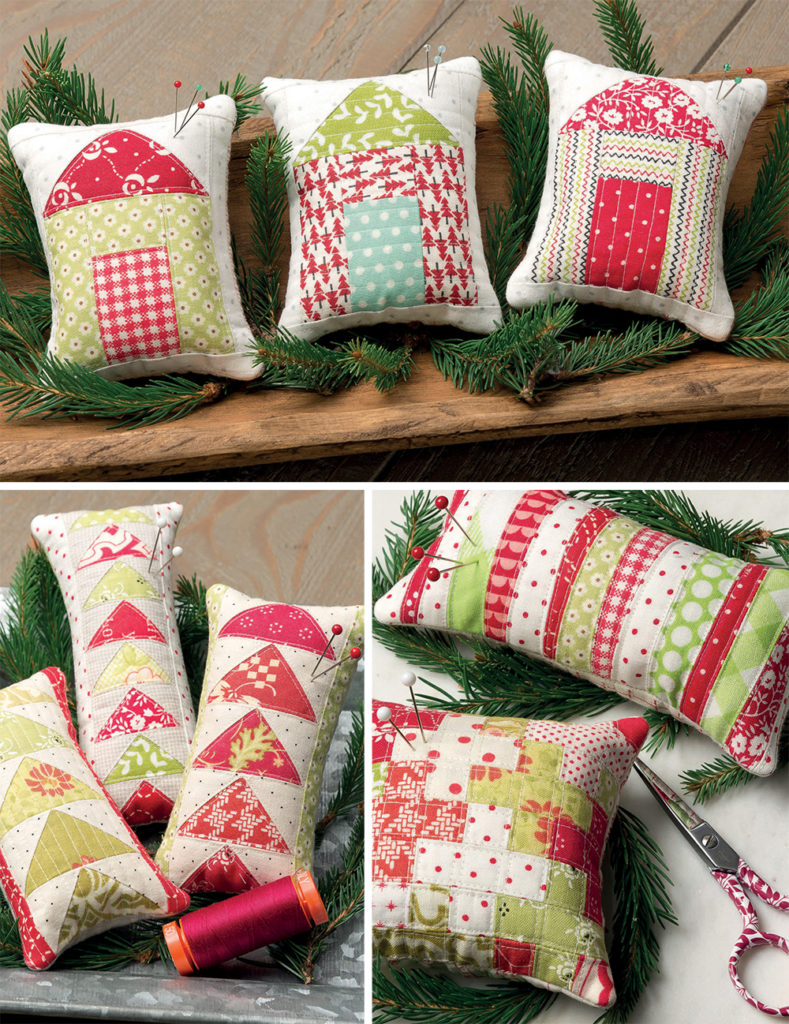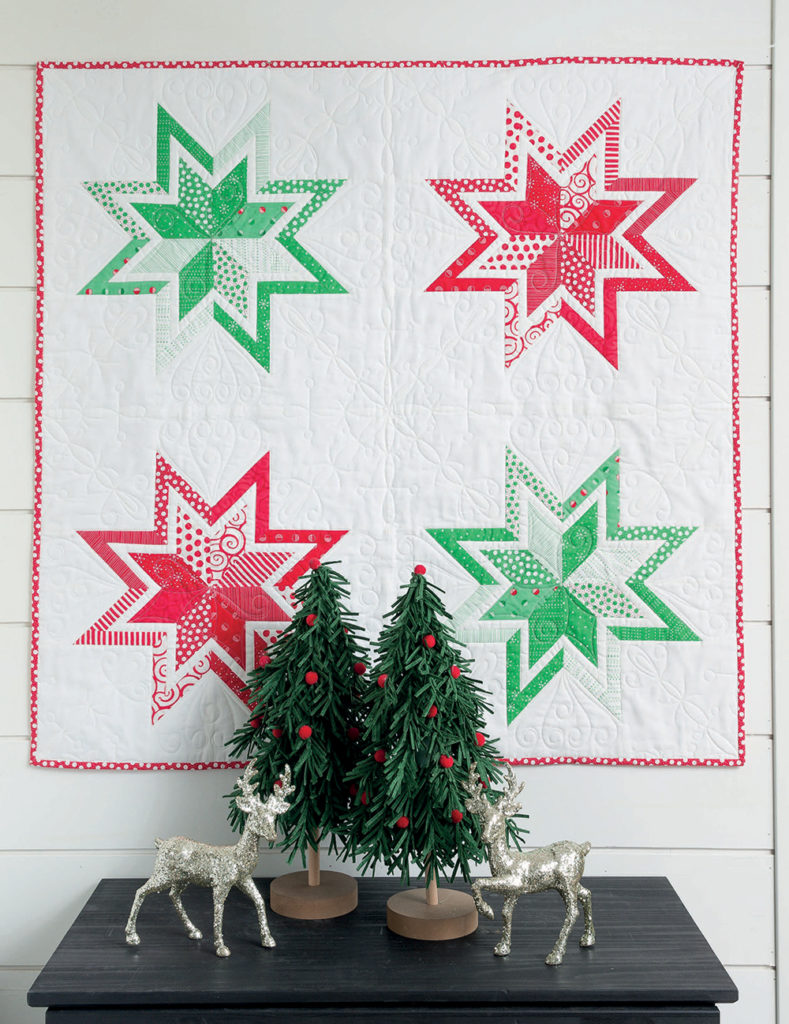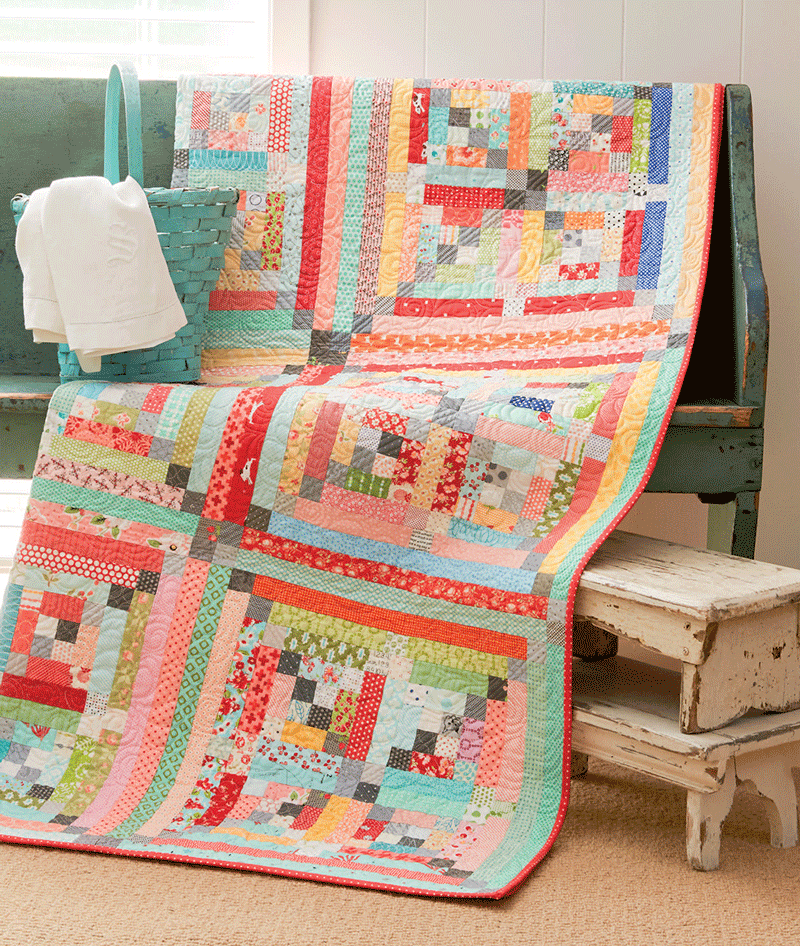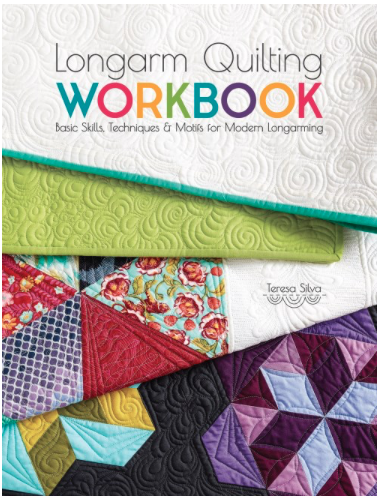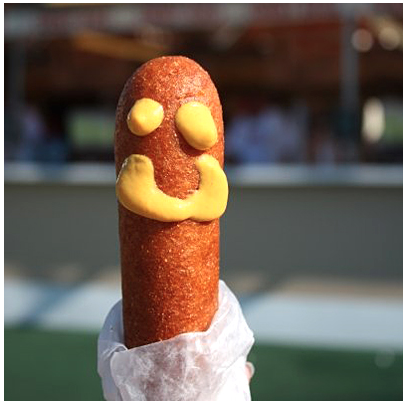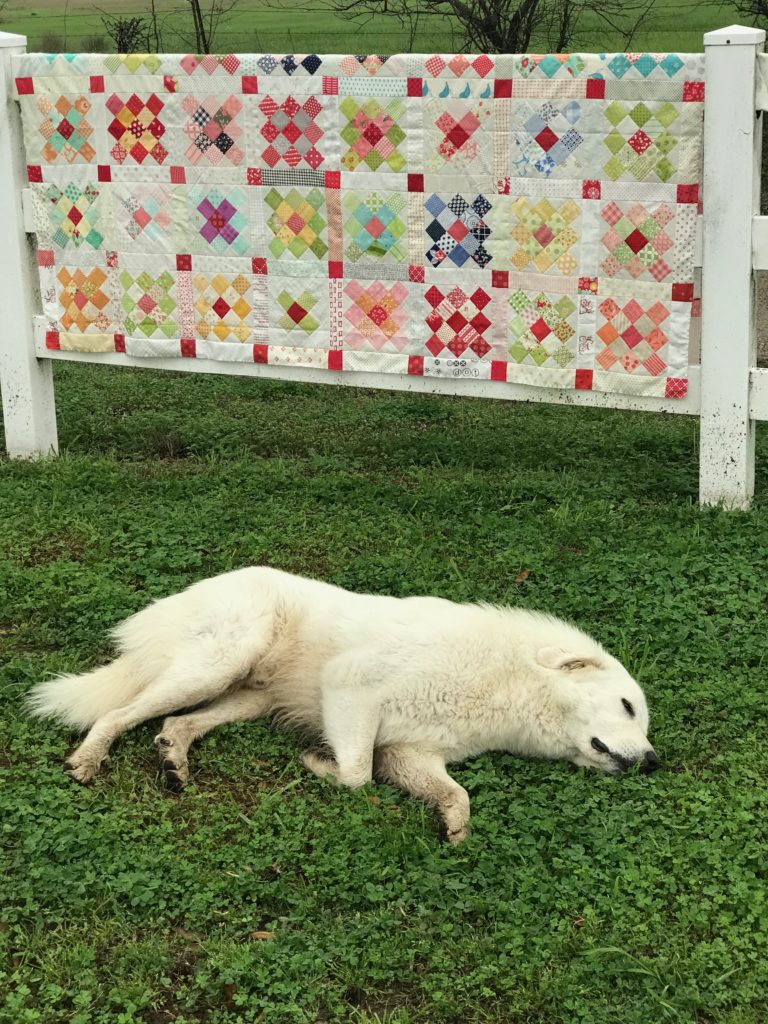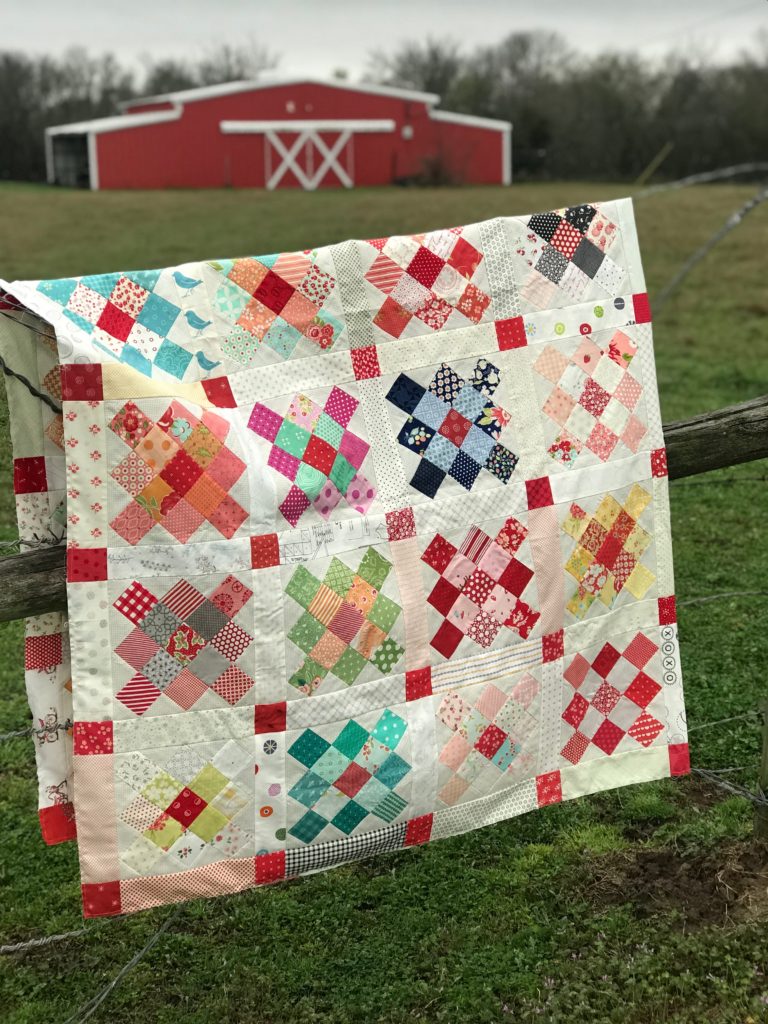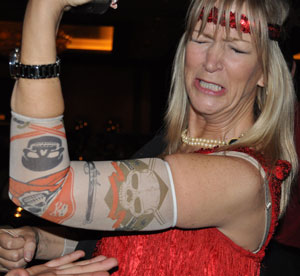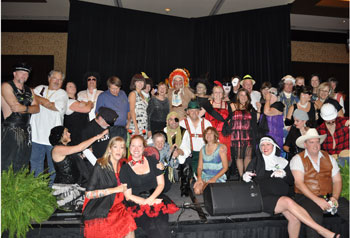Hello all,
I want to Welcome Barbara Brackman today as she does a guest post about her quilt in my new book, Sisterhood of Scraps.
“When Using Stripes and Plaids Buy Extra Fabric to Match.”
Someone ignored that good old HomeEc advice to make the Orange Zig-Zag. Lucky for us.
The quilt top came from a Topeka, Kansas thrift store in the 1970s. I asked church ladies in Garnett, Kansas to hand quilt it in the ‘80s. I’d guess the quilt dates to about 1920 due to two fabric style characteristics. The oranges are all cut from the same solid and it looks like a 20th-century dye, not chrome orange, a 19th-century dye. It’s not really lightfast. I hung it too long one winter in Seattle where there’s not much sun; yet the orange faded a bit.
 The light fabrics are shirting stripes and plaids, which were quite popular for everybody’s clothing in the teens. Even the giant black and white stripes were probably meant for a snappy men’s shirt, worn with a celluloid collar.
The light fabrics are shirting stripes and plaids, which were quite popular for everybody’s clothing in the teens. Even the giant black and white stripes were probably meant for a snappy men’s shirt, worn with a celluloid collar.
I’ve enjoyed hanging it over the years to the envy of my friends who decided to make their own. You might want to use Lissa’s pattern beyond the advice I gave them:
“Get a bunch of orange prints & solids and white stripes & plaids. Make a 60-degree diamond template. Piece rows. When you get bored piece some half diamonds along two sides.”
That’s how I do things, but my friends bought a 60-degree ruler and counted.
 We had an orange-fest at our quilt show a few years ago. The quilt on the left is by Kathe Dougherty, a faithful copy. Karla Menaugh’s on the right was done in a Kaffe Fassett workshop.
We had an orange-fest at our quilt show a few years ago. The quilt on the left is by Kathe Dougherty, a faithful copy. Karla Menaugh’s on the right was done in a Kaffe Fassett workshop.
 Kathe was really able to match the look of a century ago.
Kathe was really able to match the look of a century ago.
 Orange Zig-Zag by Carol Gilham Jones (Not Orange)
Orange Zig-Zag by Carol Gilham Jones (Not Orange)
Thank you, Barbara, for sharing your quilt in the Sisterhood of Scraps.
Here is my version that primarily uses the Lollies fabrics by Jen Kingwell. I want to make a quilt exactly like Barbara’s and probably still will.
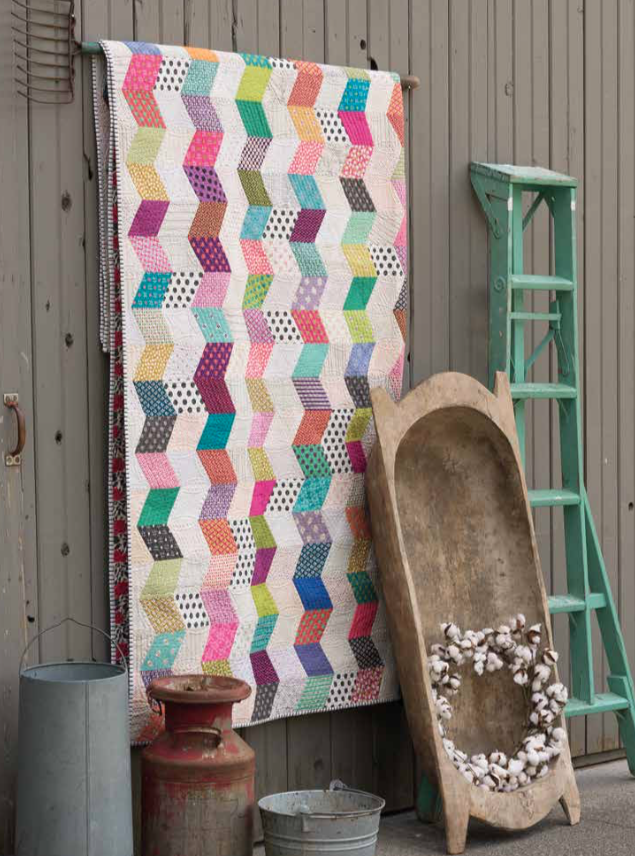 Please share your version by using the hashtags #sisterhoodofscraps.
Please share your version by using the hashtags #sisterhoodofscraps.
Enjoy,
Modalisa
